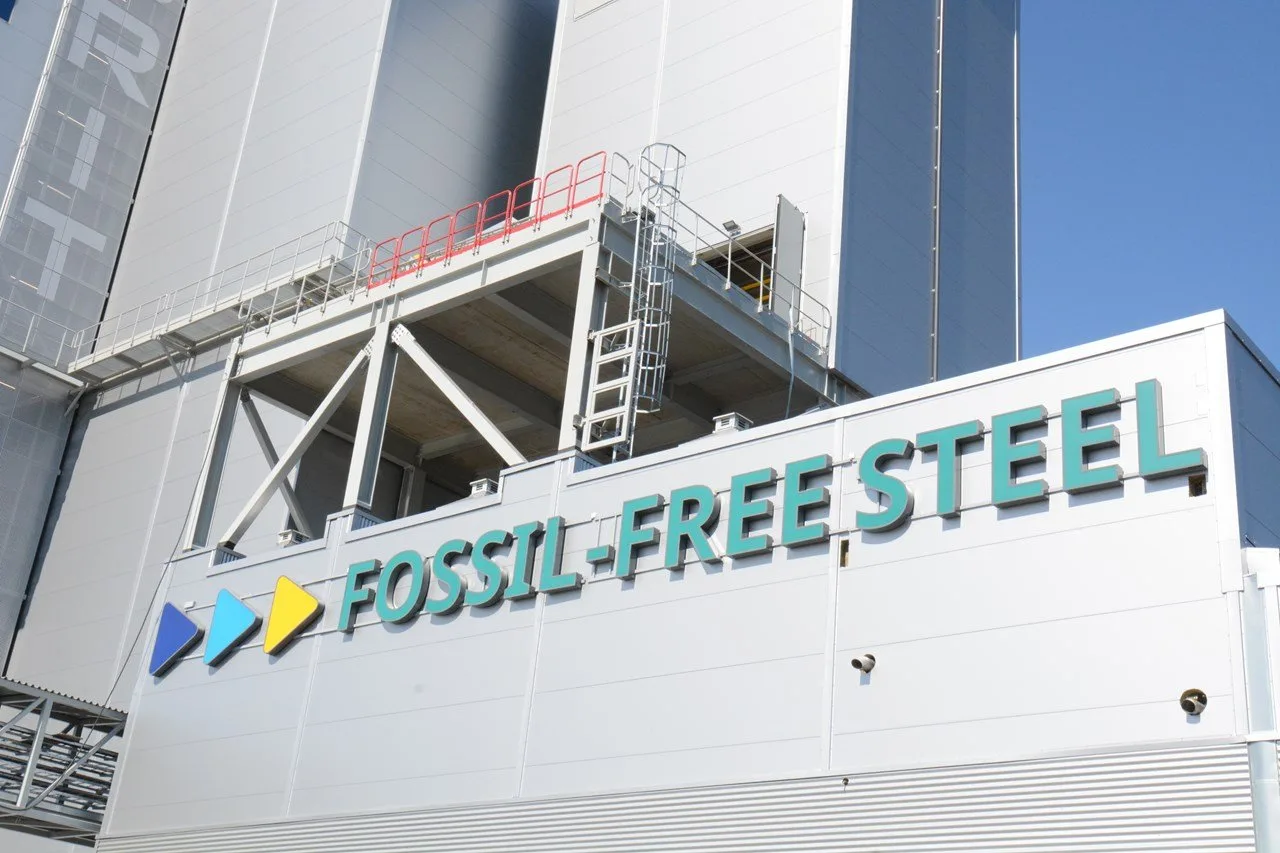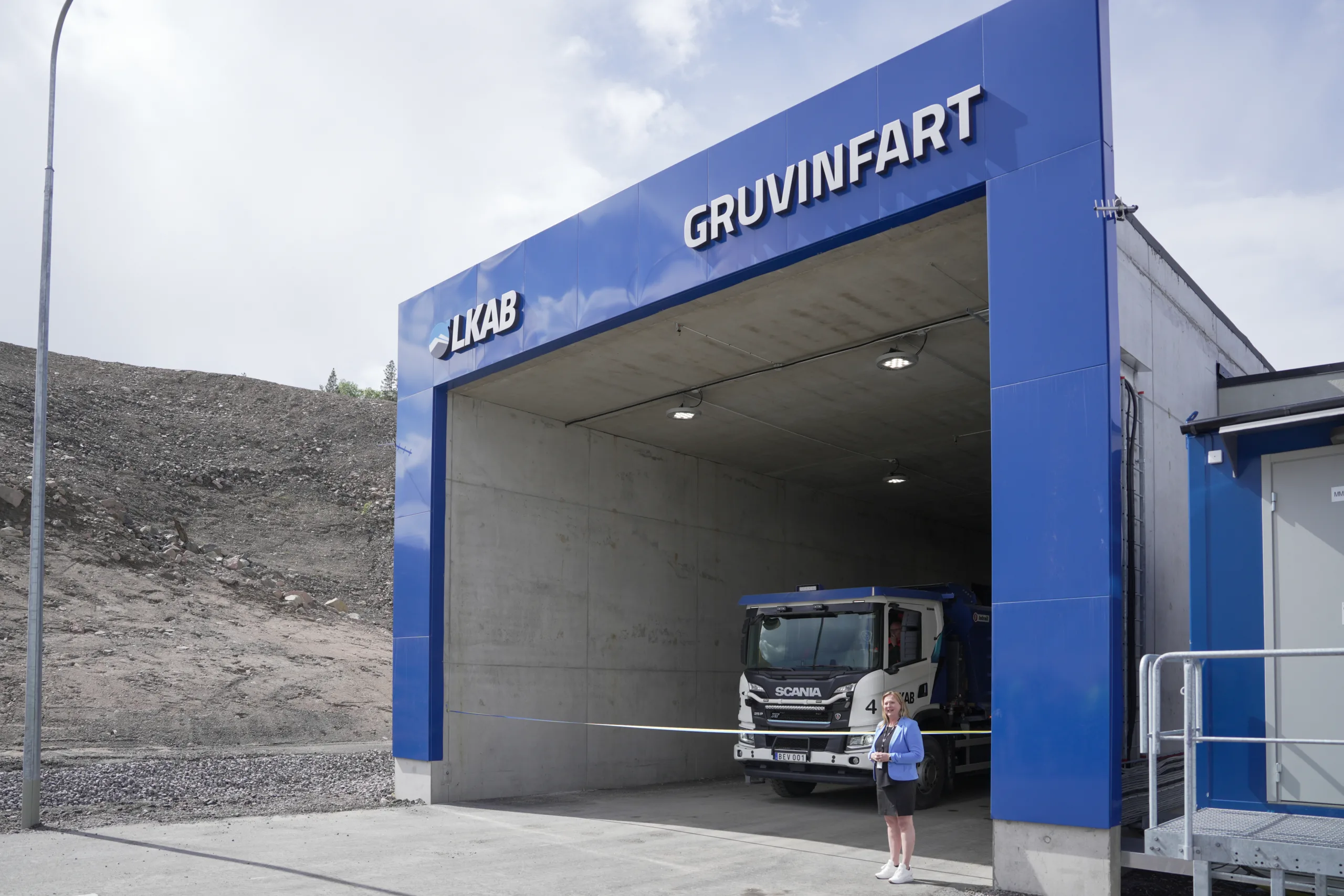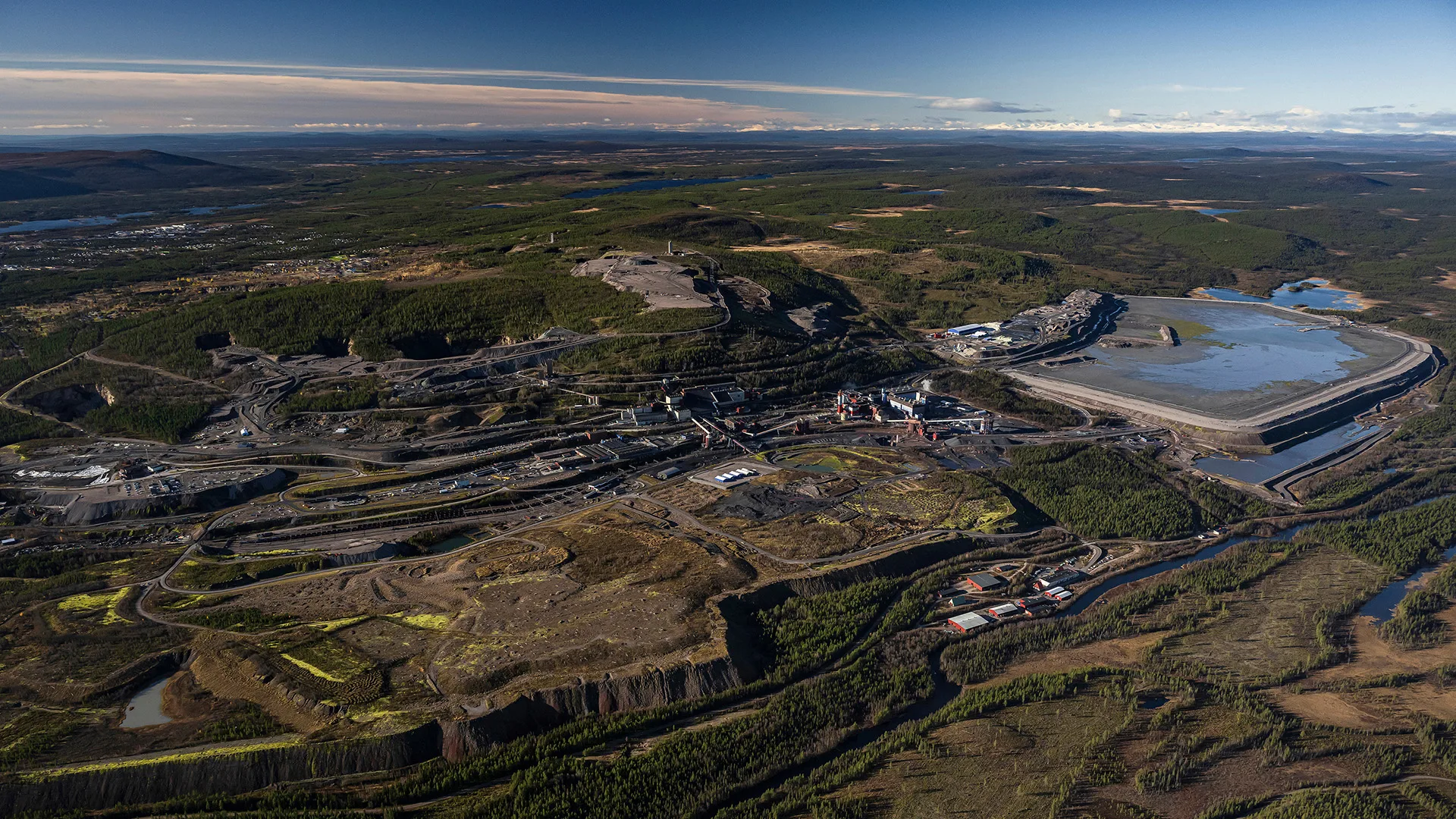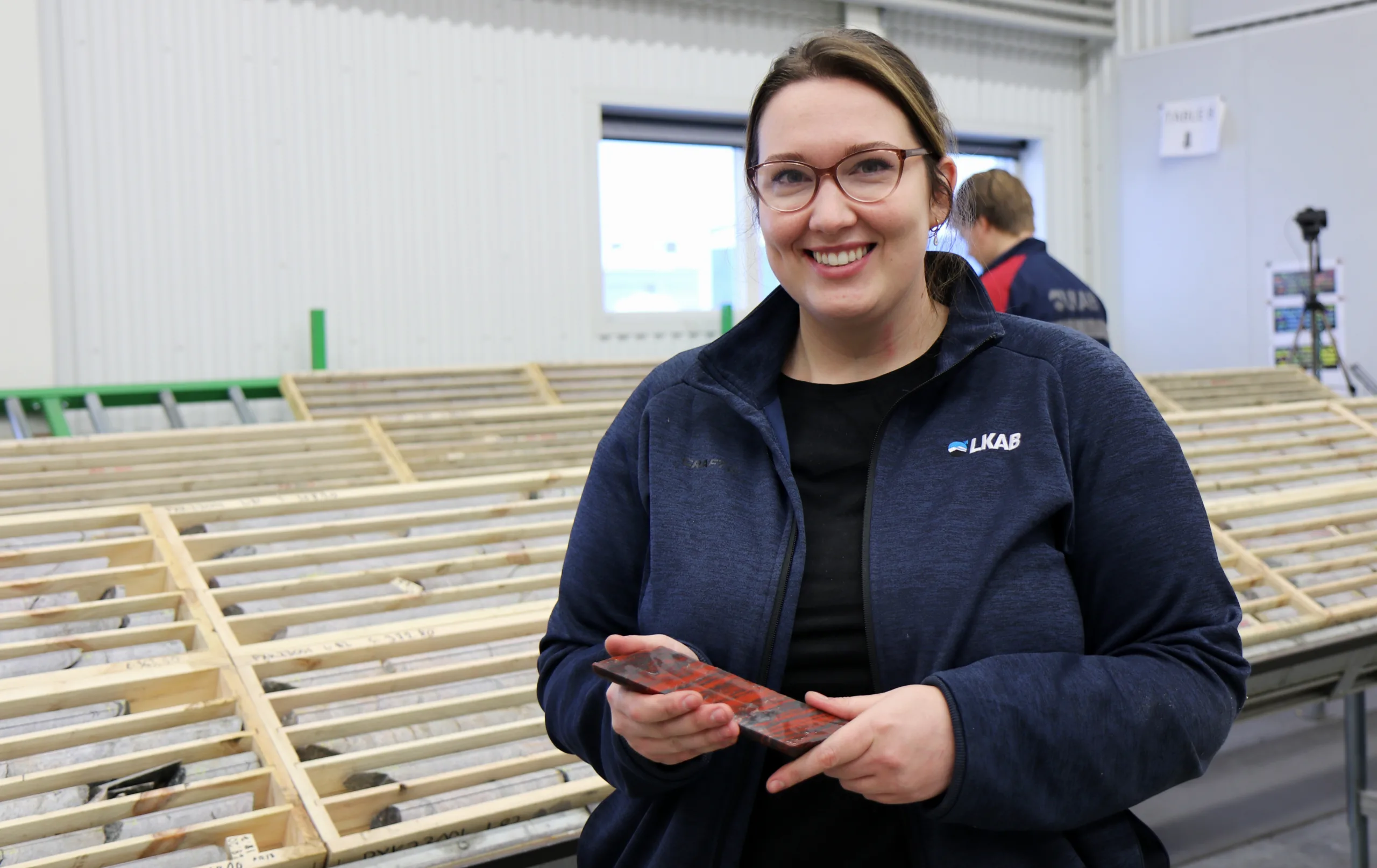HYBRIT’s next step receives support from Swedish Energy Agency

The Swedish Energy Agency has decided to contribute SEK 22 million in support to HYBRIT – SSAB’s, LKAB’s and Vattenfall’s joint initiative for fossil-free steel – for a comprehensive feasibility study. The study is part of the work on the planned demonstration plant, which is an important link in the development of an overall fossil-free steel value chain.
The pilot plant for the hydrogen direct reduction of iron ore started operation in Luleå on 31 August. Preparations will now start on scaling up the tests further on an industrial scale in a demonstration plant. The Swedish Energy Agency has now granted HYBRIT Development AB part financing of SEK 22 million for a study to establish the prerequisites for the demonstration plant. Among other things, the study will shed light on design, plant design, choice of technology, logistics solutions and not least, location.“We are very pleased to once again receive support from the Swedish Energy Agency in our unique cooperation to create a fossil-free value chain,” says Andreas Regnell, Chairman of the Board of HYBRIT Development AB and Senior Vice President Strategic Development at Vattenfall.
Since the process and concept are both complex and extensive, to imitate the industrial process as much as possible and among other things to determine the choice of technology requires a so-called demonstration to be carried out.“Demo-scale studies, in which this project is the first step, are needed before the step can be taken to large-scale industrial implementation. The blast furnaces in the steel industry account for a large share, around 10% of fossil carbon dioxide emissions in Sweden. This is a significant step in Swedish industry’s transition to cutting greenhouse gas emissions,” says Klara Helstad, Head of the Sustainable Industry unit at the Swedish Energy Agency.
The plan is to start building the demonstration plant in 2023 and the goal is to start operating the plant in 2025. The idea is to be able to demonstrate full-scale production with a capacity of just over one million tonnes of iron a year. This is about a fifth of LKAB’s total processing capacity in Malmberget and approaches half of the production capacity of SSAB’s blast furnace in Luleå. The goal is to be the first in the world, already in 2026, with a fossil-free steel value chain.




